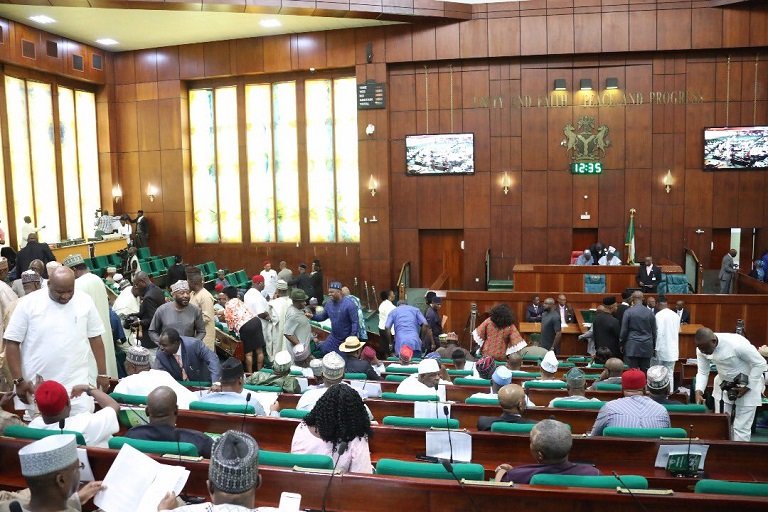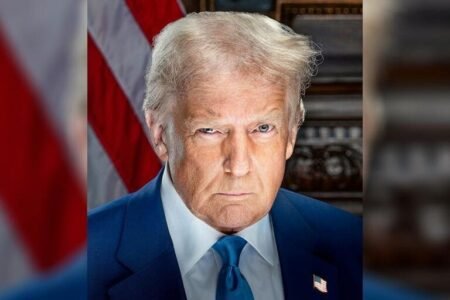By Seun Bisuga
A week after the National Assembly went on recess, the US Congress was supposed to do the same but US Senate Majority Leader Mitch McConnell said he was cancelling most of the Senate’s August recess to give lawmakers time to pass bills before a September 30 deadline and to confirm more of President Donald Trump’s appointees.
And that was exactly what the US Congress did they cancelled their recess to attend to more pressing national needs. It was not a time to be selfish or to pursue personal agenda, it was time to work.
Senators from Republican and Democrat party have been working since then while House of Representatives observed their scheduled recess for the month of August.
The House of Representatives is back and not even the November mid-terms election has led to an extension of recess. Fast forward to Nigeria and you will realise that the National Assembly has been on recess for well over two months leaving very pressing national matters to rot while personal political goals are pursued at the expense of those who voted them.
Pleas by the executive to call off recess for the sole purpose of passing the electoral body’s budget for 2019 election, the supplementary bill and foreign loans was fended off with the wave of the hand.
Rather they choose to gallivant across the country, strategizing for personal gains. While their United States counterparts are interviewing President Donald Trump’s Supreme Court pick Brett Kavanaugh, federal lawmakers in Nigeria are quietly campaigning for the 2019 elections.
Call to duty and service appears to have eluded Nigerian federal lawmakers, paving way for the pursuit of political and personal goals.
The National Assembly in Nigeria is modelled after the United States Congress in representation but that is all the similarity there is between the bicameral legislature.
While one is going about its duties with zest and fervor, the other has relinquished its duties, instead choosing to pursue political gains.
At this point, one ponders, are there any similarities between the National Assembly and US Congress? Well, if there are any similarities it must be in the formation of the two structures.
The National Assembly was pretty much modeled after that of the United States in structure, but not in reasoning or actions.
For starters, while the earnings of the US Congress are in the open and easily accessible even on Wikipedia, that of the Nigerian National Assembly is one of the world’s most kept secrets. Their salaries, allowances, bonuses and Constituency Projects are so enormous that the 2018 budget was delayed for six months to enable them to pad it.
Then comes the scrutiny of their primary functions, to make laws. Not many Nigerians can boast that the laws passed by the National Assembly have any telling effect of any sort, at most, the federal lawmakers are perceived as sitting ducks who are feeding fat on our commonwealth.
With 469 representatives (109 senators and 360 House of Representatives members) Nigeria should be having a better representation but no, what do we have? We have lawmakers who have neglected their primary duty for politicking.
If there is one thing they are good at, it’s heating up the polity. They forget the cultural, ethnic and religious differences when they share our commonwealth, but are quick to throw it into the mix when they try to pursue some sort of funny agenda, forcing unsuspecting Nigerians to argue and fight along ethnic and religious lines.
Then there is the issue of Constituency Projects, which is the biggest fraud perpetuated since Nigeria returned to democracy in 1999.
For the benefit of those who do not know how this fraud works, let me bring you up to speed.
The 469 members of the National Assembly nominate projects that are executed by the Ministries, Departments and Agencies (MDA). In more than 70 per cent of the cases observed by transparency agency, Tracka, these projects are not executed even after monies have been allocated for them.
The US Congress, like many other federal legislatures across the world, only makes laws and perform their oversight functions over the executive, they do no not nominate projects particularly those that disappear into thin air.
The Nigerians narrative is a difficult one and telling it is an Herculean task. With 2019 elections on the horizon, we know where their attention will turn even after resumption. And like many Nigerians, I have very little expectation of this National Assembly that has failed to respect the country and its people.












